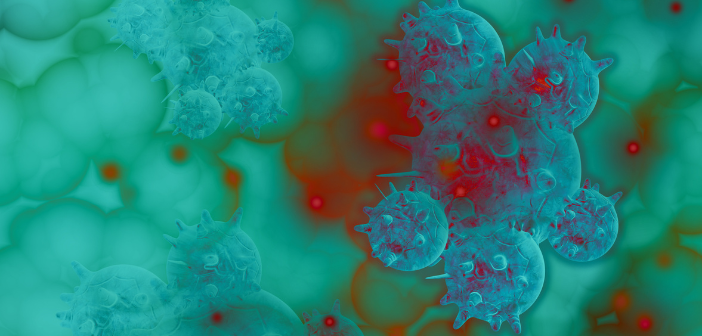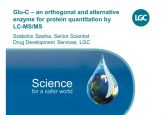Bioanalysis and the oncology revolution

Wickremsinhe E & James C | Bioanalysis, 13(4), 291–294, (2021)
Keywords: • bioanalytical • co-med interference • co-med stability • novel drug modalities • oncology studies • polypharmacy • selectivity • stability testing
Major advances continue to be made in oncology driven by an increasing understanding of cancer biology and genetics. The last decade has seen treatment successes with immuno-oncology drugs which join classical cytotoxic drugs and molecularly targeted agents as a third paradigm in oncology drug treatment [1]. In 2018 over 25% of all new drug registrations were in oncology [2] and they include an increasing number of monoclonal antibodies (mAb) and novel drug modalities such as antibody-drug conjugates (ADCs), bispecific T-cell engagers and chimeric antigen receptor (CAR) T-cell therapies. Other novel drug modalities being investigated for oncology include small interfering RNAs (siRNA) and proteolysis-targeting chimeras [3]. These innovations have provided more effective treatment options, including coverage for rare tumor types/cancers as well as treatments for different stages within a given tumor/cancer and novel combination regimes with small molecule drugs, mAb and other novel drug modalities. This revolution in oncology has also brought about new bioanalytical challenges including the development of bioanalytical methods for novel modalities, the need to analyze competitors’ molecules in combination studies and designing specificity and combination stability experiments in a complex polypharmacy environment.






